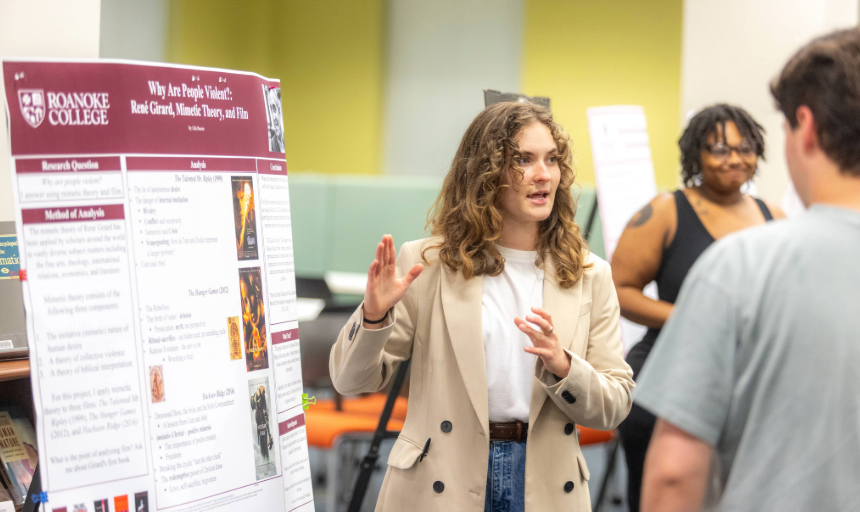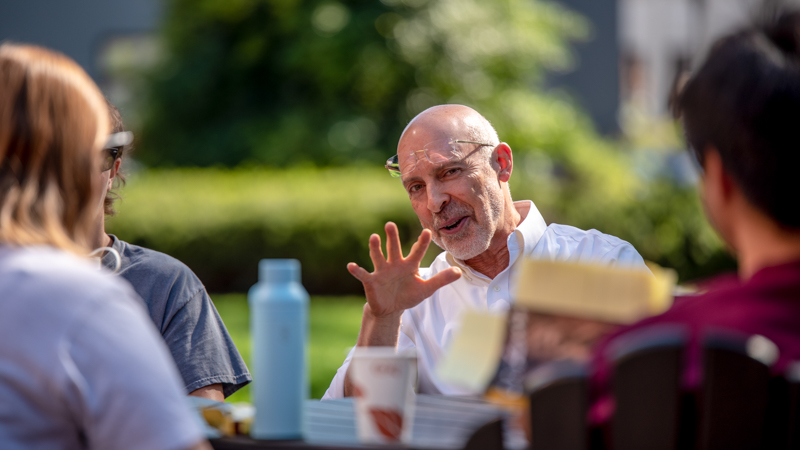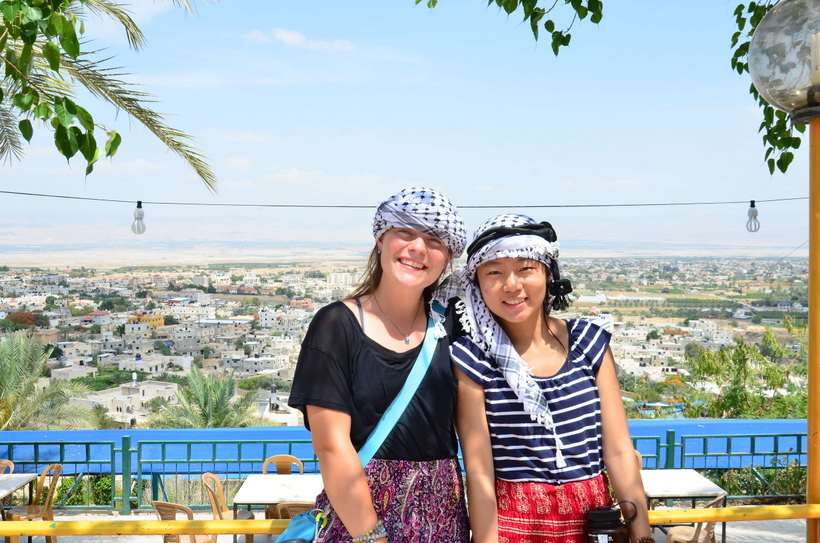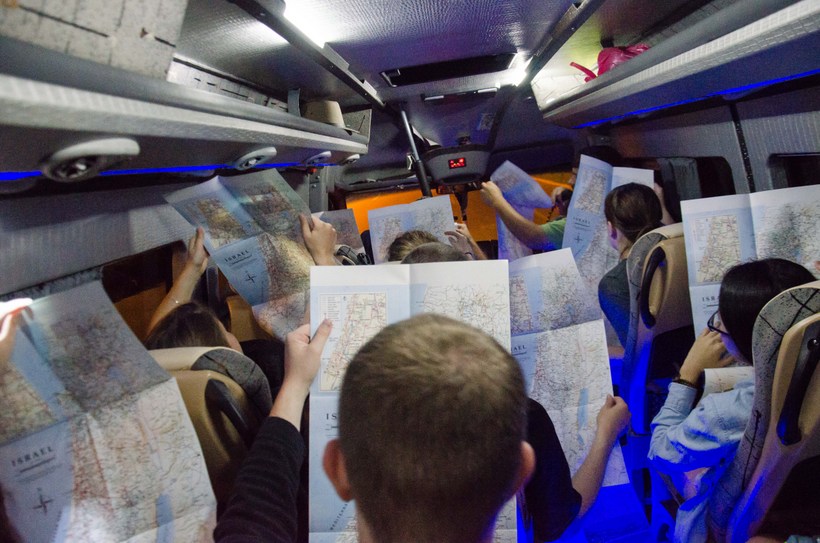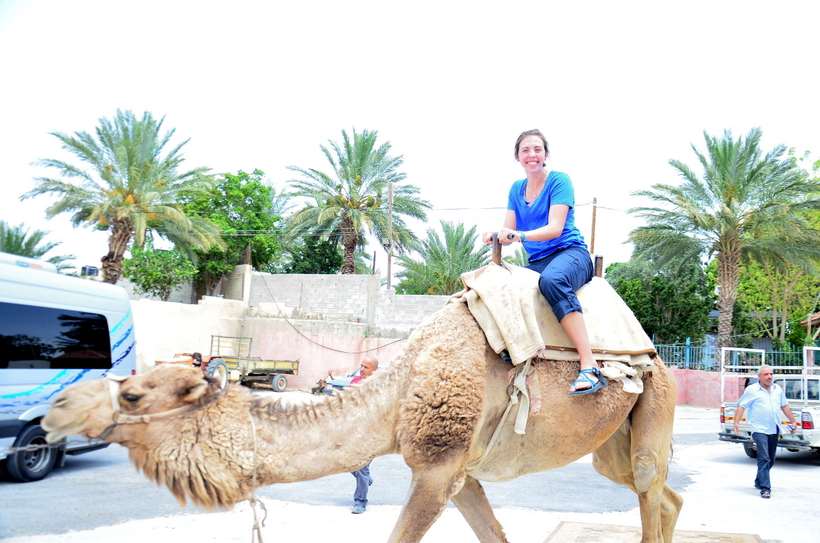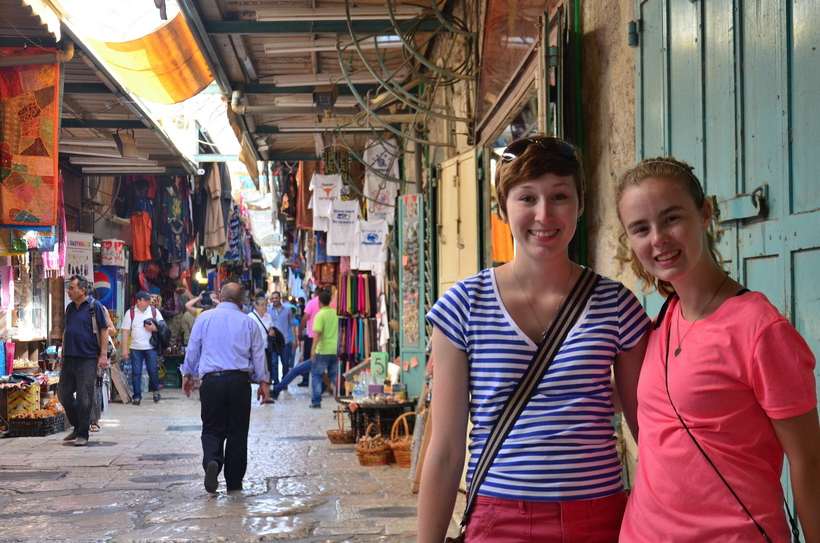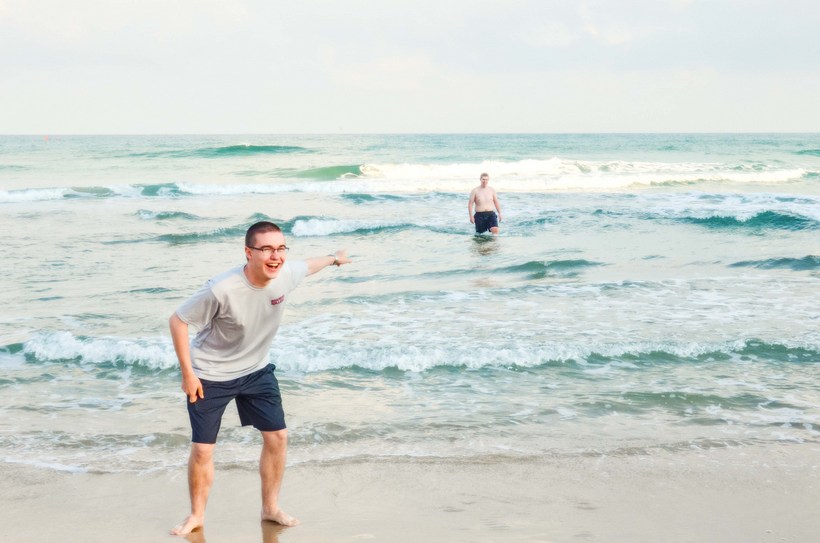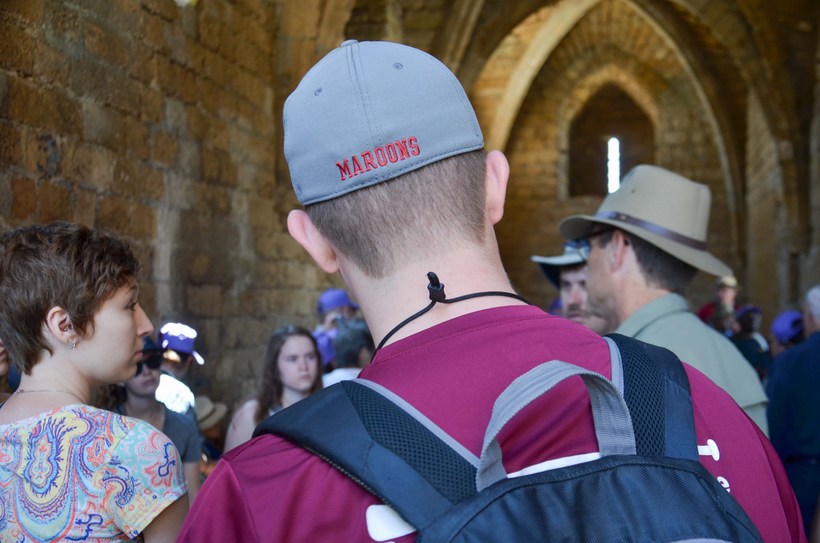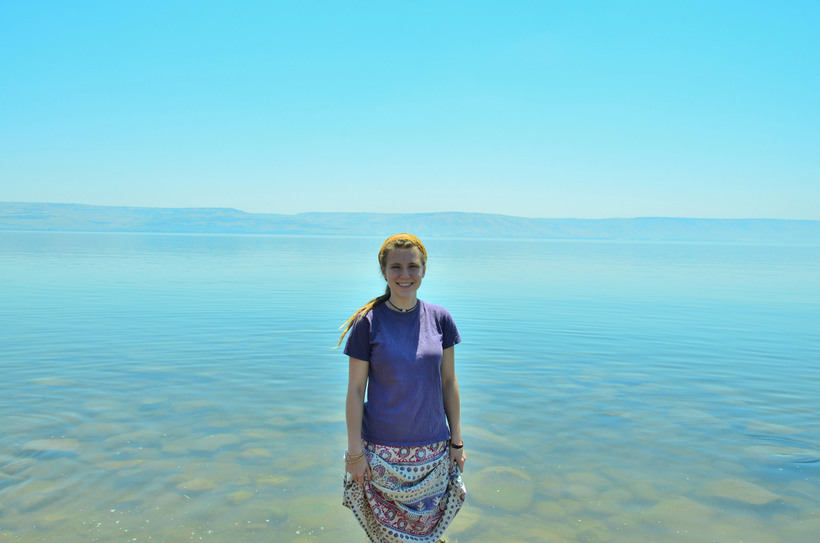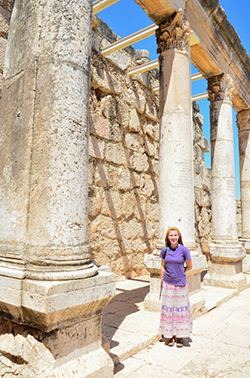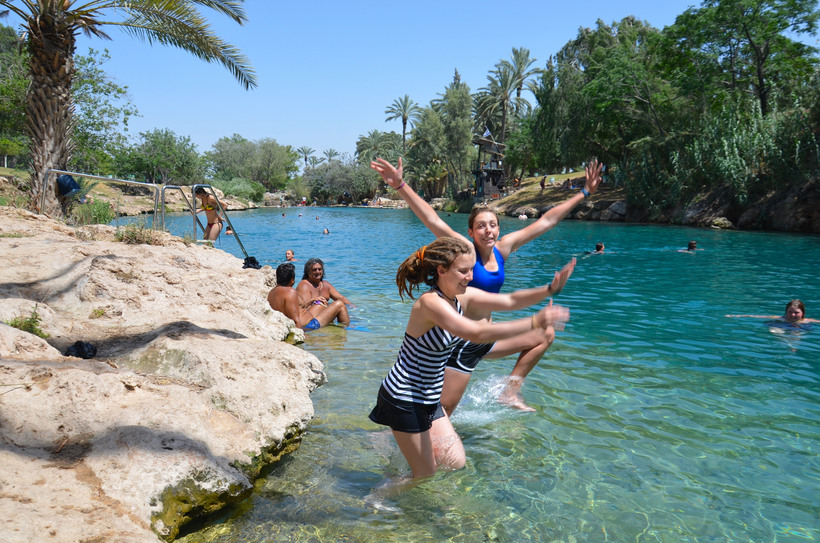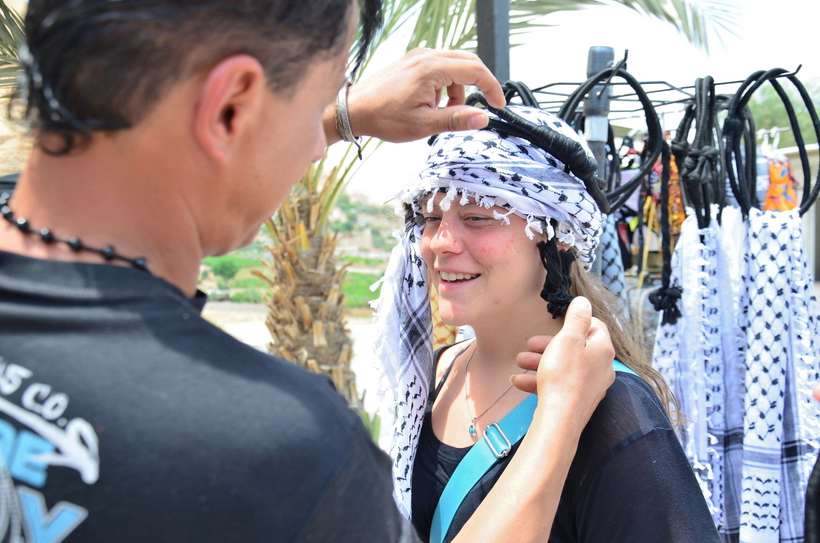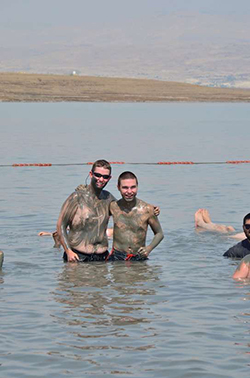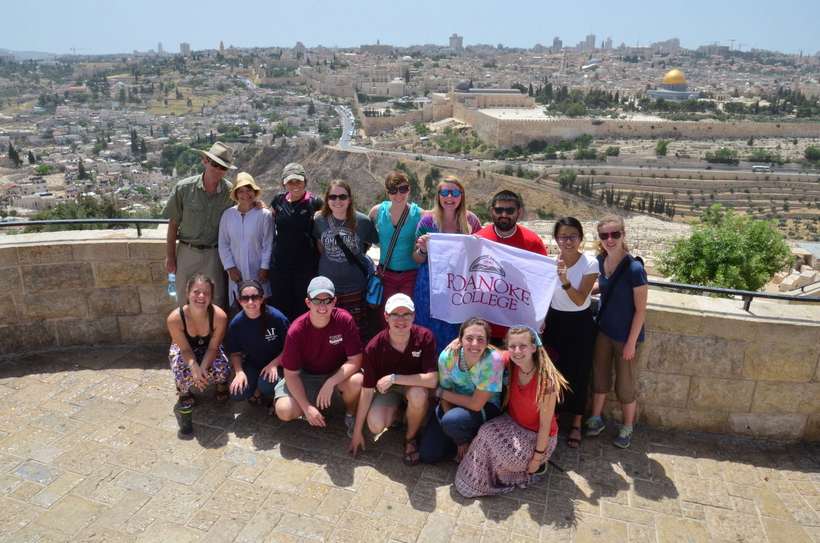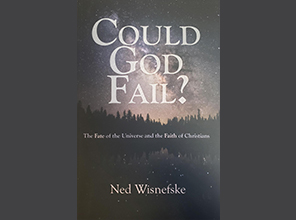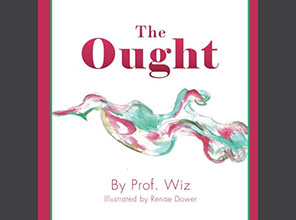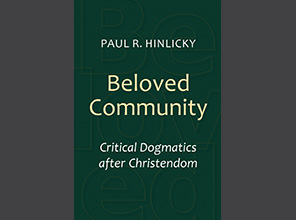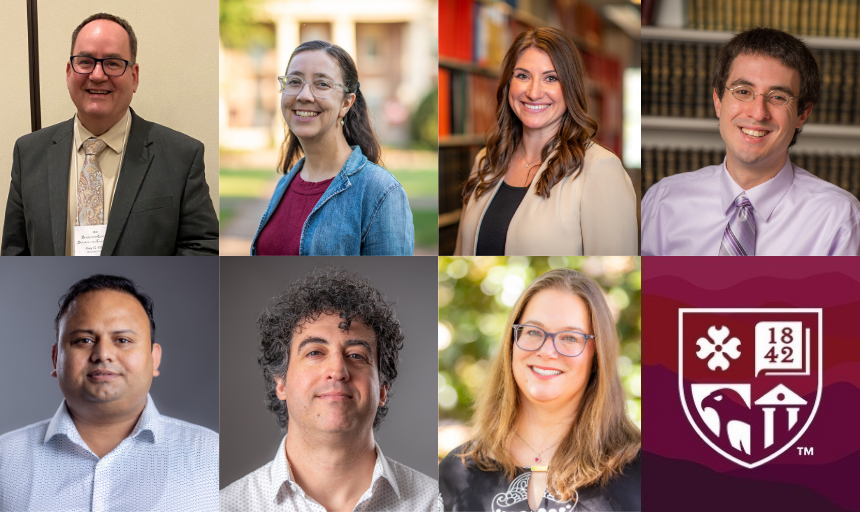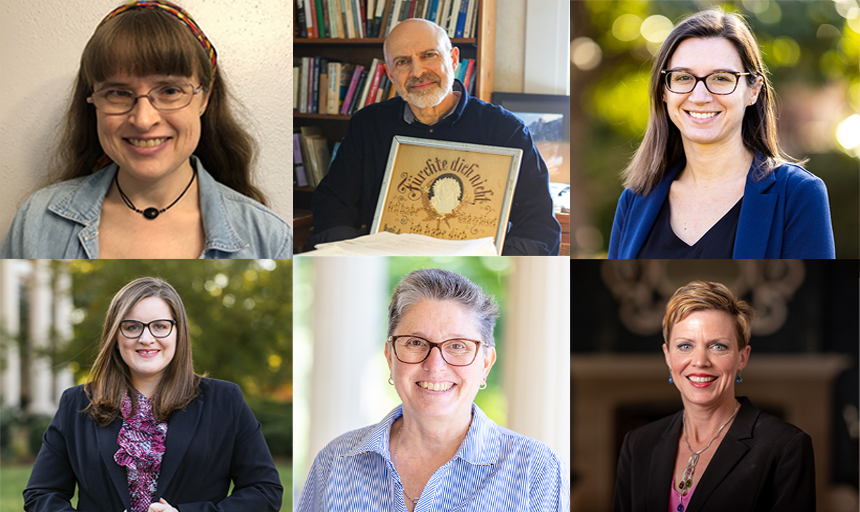Theology
Available as a concentration
By examining the historical development of Christian beliefs through contemporary times, you'll build an understanding of Christianity's place at the crossroads of religion, politics and culture.
Our program focuses on big theological questions raised by the Christian tradition. Who is God? What is the significance of Jesus? What does it mean to be a human being? What is the best kind of life to live? What do we owe the world we live in?
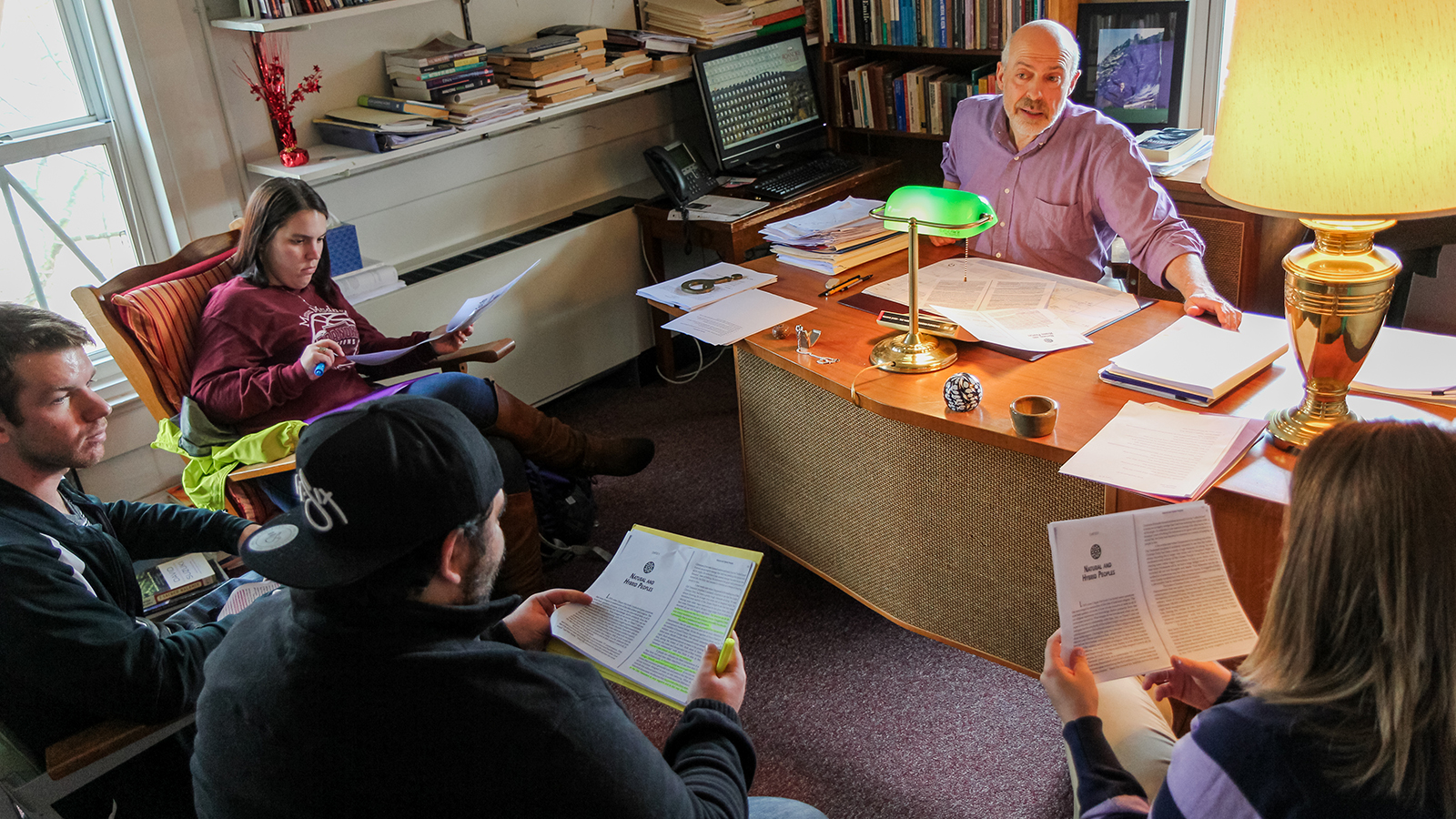
Curriculum & Courses
Student Experiences
What Makes Roanoke Different?
Careers & Outcomes
Faculty
News
-
Enhancing our children's genes: moral obligation or travesty? In this year's Crumley Lecture, sponsored by the Benne Center for Church & Society, Dr. James Peterson explores a life-changing ethical question that has presented itself.
- Date:
- March 26, 2026
- Time:
- 7 - 8 p.m.
- Location:
Wortmann Ballroom

-
This interactive workshop, the first of a two-part event, is intended to train researchers to better communicate their work with people outside of their field. Folks from all programs are encouraged to attend!
- Date:
- March 27, 2026
- Time:
- 4 - 6 p.m.
- Location:
Antrim Chapel
